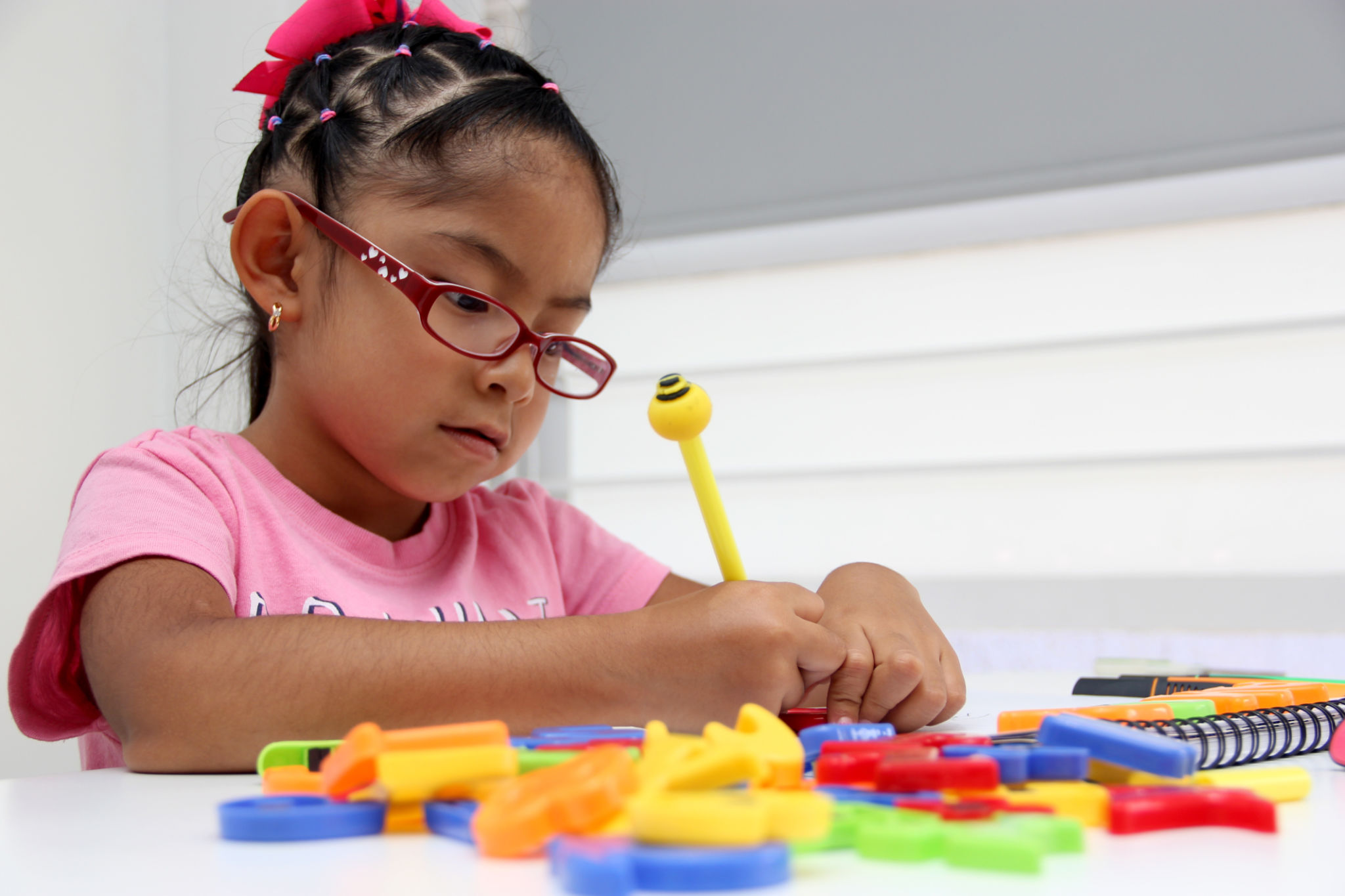Top Misconceptions About School Psychologists and the Truth Behind Them
The Role of a School Psychologist
Many people carry misconceptions about what school psychologists do. Some see them as merely administrators of tests, while others believe they only handle discipline issues. In reality, the role of a school psychologist is multifaceted and crucial to the educational ecosystem.

Misconception 1: School Psychologists Only Conduct Tests
One widespread myth is that school psychologists are only involved in testing students for special education. While assessment is a part of their job, it is far from their only responsibility. School psychologists also provide counseling, develop educational plans, and support teachers and parents.
In fact, school psychologists work collaboratively with educators to create safe and supportive learning environments. They help identify students' needs and design interventions that promote social, emotional, and academic growth.
Misconception 2: They Only Deal with Problematic Behavior
Another common misconception is that school psychologists only intervene when a student displays problematic behavior. While they do address behavioral issues, their work extends to promoting mental health and well-being for all students.

School psychologists implement programs that support positive behavior and emotional resilience. They focus on prevention and early intervention, helping students develop coping skills before issues escalate.
Misconception 3: They're Not Involved in Academic Achievement
Some people think school psychologists have little to do with academic success. However, they play an integral role in supporting students' academic needs. They work with teachers to adapt teaching methods and materials to better suit individual learning styles.
Moreover, school psychologists help identify learning challenges and collaborate on strategies to overcome them, ensuring every student has the opportunity to succeed academically.

Misconception 4: They Work in Isolation
It’s easy to assume that school psychologists work alone, but this couldn't be further from the truth. They are a key part of the educational team, collaborating with teachers, administrators, parents, and outside professionals.
This collaboration ensures that comprehensive support is provided to students. By working together, school psychologists help create a cohesive plan that addresses the diverse needs of the school community.
The Truth Behind These Misconceptions
School psychologists are essential in fostering an environment where every student feels valued and supported. Their work goes beyond assessments and behavior management; they are advocates for mental health, academic success, and overall well-being.
By understanding the true scope of their role, we can better appreciate the vital contributions they make to our schools. Dispelling these misconceptions allows us to support them in their mission to nurture thriving educational communities.